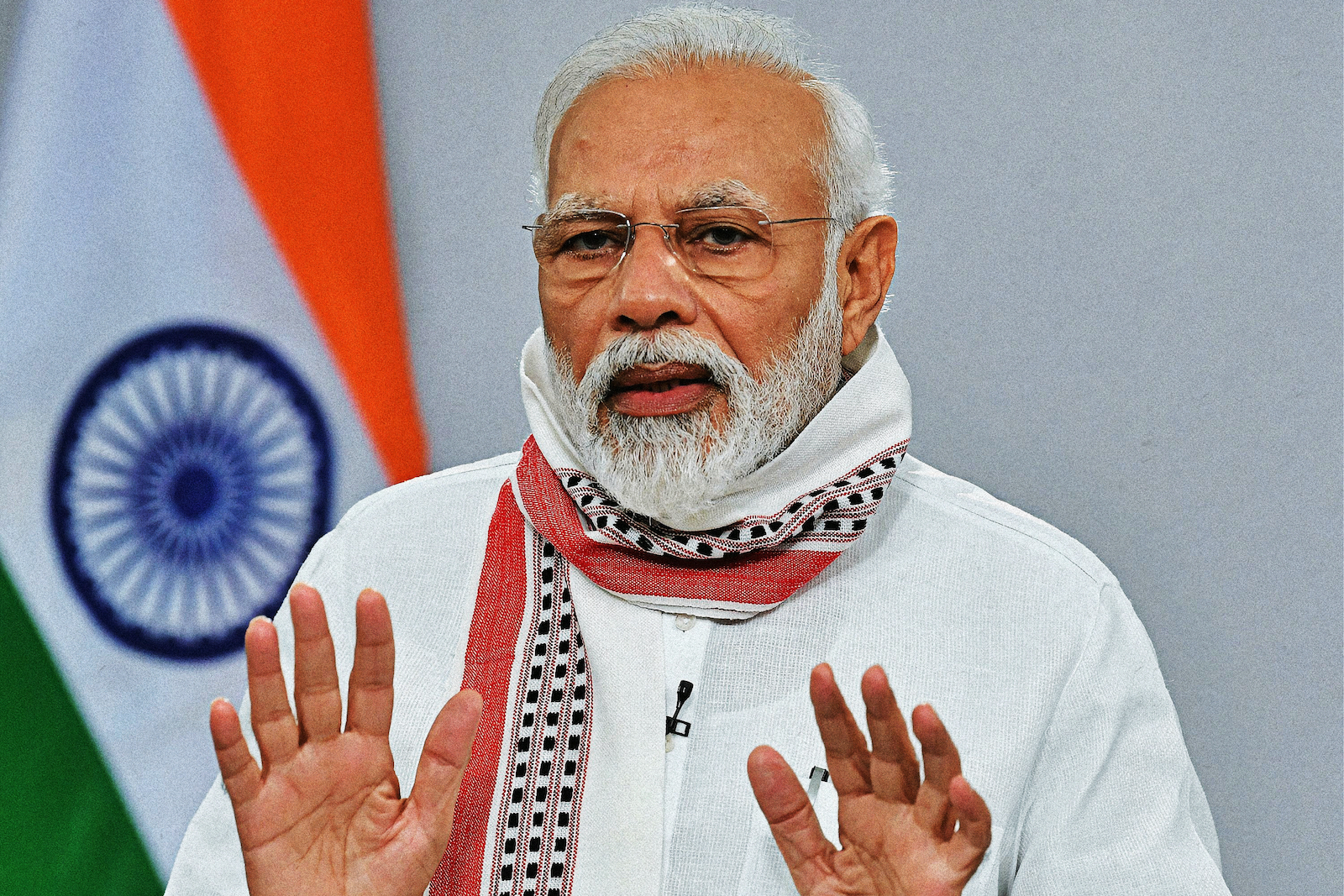
India’s Brutal Siege of Kashmir is Self-Defeating
For more than seven decades, India has subjected the people of Kashmir to a brutal military occupation that denies them their basic human and political rights. But India’s oppression of Kashmiris is not only physical, but it is also economic.
India has systematically exploited and impoverished the region, depriving it of its natural resources, industries, and markets. It has imposed an economic blockade that has crippled the region’s economy and livelihoods. It has violated the region’s autonomy and sovereignty by revoking its special status and imposing its own laws and policies.
This economic strangulation of Kashmir is a form of collective punishment that violates international law and human rights norms. It is also counterproductive to India’s own interests, as it fuels resentment and resistance among Kashmiris and undermines any prospect of a peaceful resolution to the conflict.
The economic blockade of Kashmir began in August 2019, when India unilaterally abrogated Article 370 of its constitution, which granted the region a degree of autonomy, including the right to make its own economic decisions. The move was accompanied by a massive deployment of troops, a curfew, and a communications blockade that cut off the region from the rest of the world.
The blockade has had a devastating impact on the economy of Kashmir. According to a report by the Kashmir Chamber of Commerce and Industry, the region suffered an estimated loss of $5.3 billion in the first year of the blockade. The tourism industry, which accounted for 8 percent of the region’s economy and employed hundreds of thousands of people, was virtually wiped out.
Moreover, the agriculture sector, which is the mainstay of the rural economy, also faced huge losses due to restrictions on transportation and marketing. The apple industry, for instance, which produces about 75 percent of India’s apples and earns about $2 billion annually, was severely affected by India’s ban on exports to other states.
India has also taken over control of the region’s natural resources and industries, violating its own laws and international agreements. For example, India has amended its laws to allow outsiders to buy land in Kashmir, which was previously reserved for permanent residents. This threatens to change the demography and identity of the region, as well as dispossess Kashmiris of their ancestral lands. India has also granted mining leases to non-local companies, depriving local miners of their livelihoods, and exposing the region’s environment to degradation.
India has further restricted the economic activity and mobility of Kashmiris by imposing barriers on trade and travel across the Line of Control (LoC), which divides Indian- and Pakistani-controlled parts of Kashmir. LoC trade, which was launched in 2008 as a confidence-building measure between India and Pakistan, provided a lifeline for thousands of traders and families on both sides. It also fostered cultural and social ties among Kashmiris divided by the LoC. However, India suspended trade in 2019, alleging that it was being used for smuggling and terrorism. Similarly, India has reduced the frequency and scope of cross-LoC bus services, which allowed Kashmiris to visit their relatives and friends on the other side.
These economic measures are part of India’s broader strategy to suppress the Kashmiri struggle for self-determination, which has been ongoing since 1947 when India and Pakistan were partitioned by Britain. The region was then divided between the two countries, but its final status was left unresolved. The UN Security Council has passed several resolutions calling for a plebiscite to allow Kashmiris to decide their own fate, but India has refused to implement them.
Instead, India has tried to crush the Kashmiri resistance by force, resulting in tens of thousands of deaths, disappearances, torture cases, and human rights violations. India has also denied any meaningful dialogue with Pakistan or with the Kashmiri leadership, insisting that Kashmir is an internal matter.
This approach has failed to bring peace or stability to the region. Instead, it has created a humanitarian crisis and a security risk for South Asia and beyond. India’s economic blockade of Kashmir is not only unjust and inhumane; it is also unsustainable and self-defeating. It will only deepen the alienation and anger of Kashmiris, who have shown remarkable resilience and courage in the face of oppression. India should end its economic siege of Kashmir and respect its rights and aspirations.
